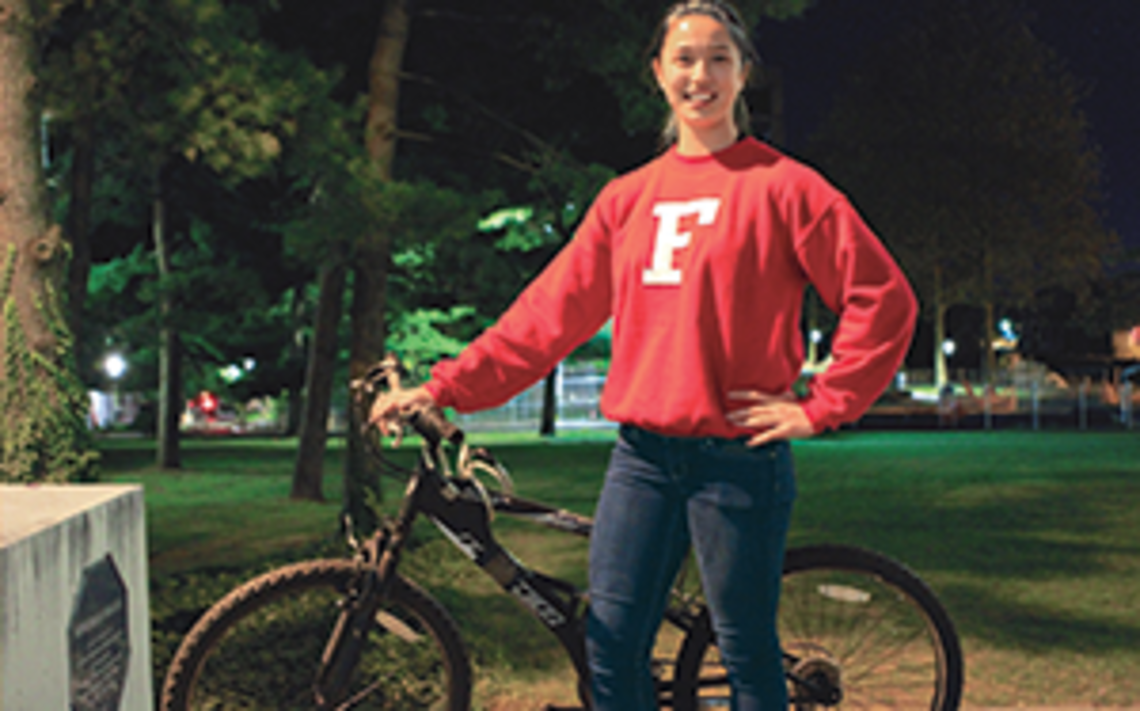 humans_thumb.png
humans_thumb.png
According to creator Chanyoung Park '17, Humans of Princeton is “an ongoing photo-documentary project brought by random encounters and the simple magic of asking questions.”
Video by Allie Wenner, Princeton Alumni Weekly. All photos courtesy of Humans of Princeton. Music licensed from FirstCom Music.
Book Club.
Join and Read With Us.






